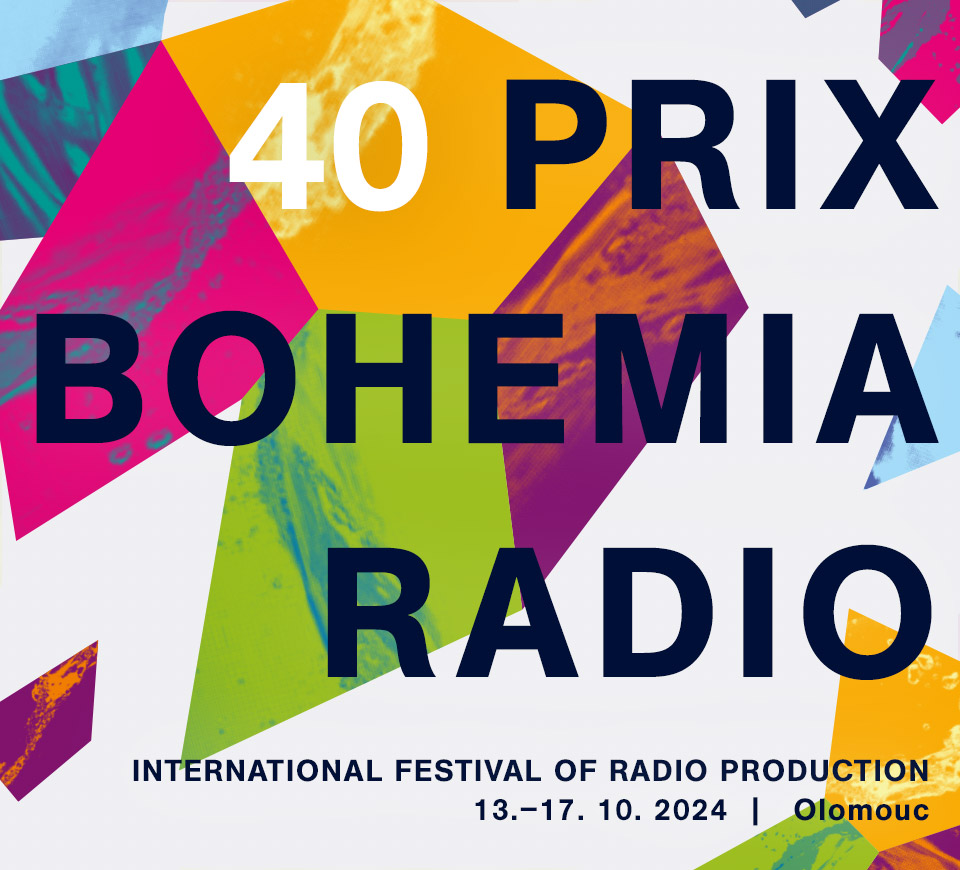Experts and foreign journalists to debate disinformation in Olomouc
Disinformation, hoaxes, propaganda. The 33rd edition of the Prix Bohemia Radio festival will also focus on the fake news phenomenon currently stimulating public debate. On the festival’s very first day. How to recognise disinformation and whether it’s possible to defend against it – these and other questions will be explored in a panel discussion involving foreign journalists and media experts.
It can be ridiculous but also in many cases highly dangerous. In any event, we need to get used to the fact we can’t avoid it on the internet or social networks. Disinformation may not be new in the world of the media, but the speed of the internet has facilitated its simple and effective distribution to a huge number of recipients.
But how can disinformation actually be distinguished from true, reliable information? How to defend against it? And is such a defence even necessary? These are the very questions that will be answered by the participants in a panel discussion entitled Fake news – disinformation, lies and propaganda. Among those coming to Olomouc are Todd Nesbitt, Chair of the Department of Communication and Mass Media at New York University in Prague, and Gunter Neumann, Head of the Online department of the German public service radio station MDR. The discussion will be hosted by Jiří Hošek, Czech Radio’s Foreign Correspondent in the United Kingdom.
Representing Czech experts at the conference will be Petr Orság, Head of the Department of Media and Culture Studies and Journalism at Palacký University, Olomouc. „I’m very curious about the discussion, because the participants are predominantly from abroad. They will mainly be from the Anglo-Saxon language sphere, as well as an editor from German radio. The issue of disinformation will be explored from various sides by people from divergent cultural backgrounds and with different experiences of working in the media – and this can certainly be enriching.“
Orság says that disinformation has been disseminated in the public arena since the days of the printing press. However, with the advent of the internet it is reaching a broad audience incapable of recognising it. In his view the main problem is low media literacy.
„It demonstrates that a large percentage of people are incapable of dealing with the flow rate of information and information overload. And surprisingly this doesn’t only concern the Czech Republic and Central Europe, where 40 years of communism left a deep negative imprint in this regard – they’re also encountering it in the West,“ says Orság, adding that this is the very reason people from outside the academic sphere needn’t be afraid to join university students at the conference.
Come on 20 March at 14.00 to the Václav Havel Room at the Department of Politics at Palacký University, Olomouc. The only condition is knowledge of English, the language in which the debate will be conducted.





